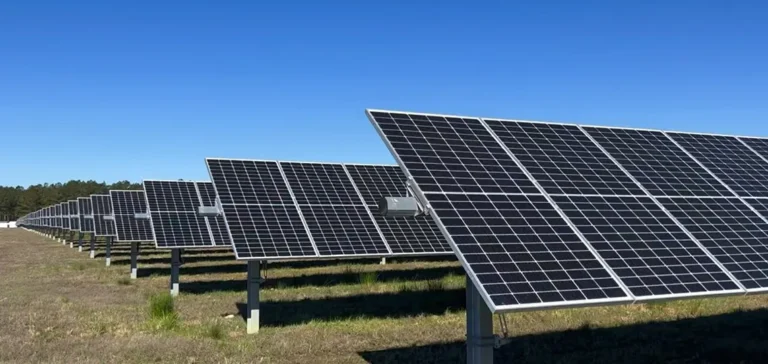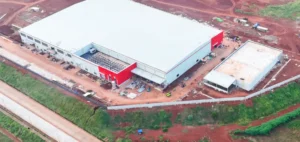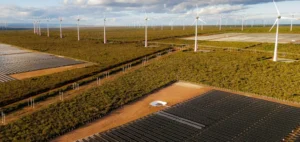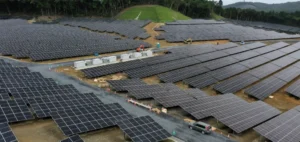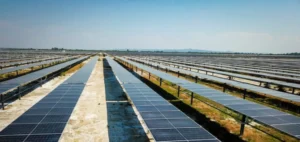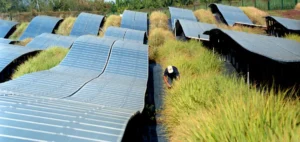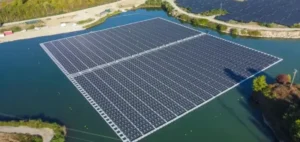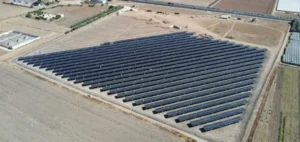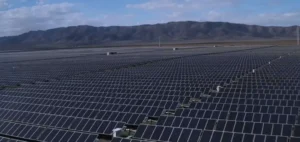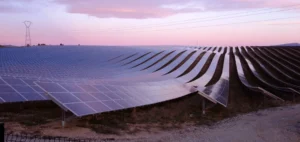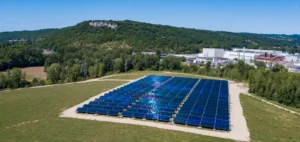Installed solar capacity in the European Union is expected to see its first annual growth decline in ten years in 2024, according to SolarPower Europe’s forecasts. The industry association anticipates 64.2 GW of new capacity to be connected, a decrease of 1.4% compared to last year’s record.
Pressure on 2030 targets
This slowdown comes as the European trajectory is meant to reach 750 GW by 2030. Current projections now put capacity at 402 GW by the end of 2025 and 723 GW by 2030, bringing the sector further from the goal set for the end of the decade. Despite this slowdown, the volume added this year ensures achievement of the intermediate milestone, while strong solar production in the spring made solar the leading source of electricity in the European Union in June.
The market’s evolution also impacts electricity prices. The volume-weighted average capture price for German solar was assessed at EUR36.13/MWh in the second quarter, while Spanish ten-year power purchase agreements reached EUR27.95/MWh, a significant drop due to the oversupply on the market.
Residential segment slowdown, large-scale solar growth
The contraction in the residential segment translates into a 60% drop in new installations in historically strong markets such as Italy, the Netherlands, Austria, Belgium, Czechia, and Hungary, due to the withdrawal of incentive schemes. The decrease exceeds 40% in Poland, Spain, and Germany.
In contrast, utility-scale solar continues to grow and is expected to account for about half of new European connections in 2024. Recent adaptations to public auction systems have enabled a record allocation of 20 GW in utility projects this year, notably driven by the multiplication of hybrid projects and storage capacity, particularly in Germany.
PPA market under pressure and modules at rock-bottom prices
The volume of new solar power purchase agreements concluded in Europe fell by 41% between the first and second quarters, as declining wholesale prices reduced the attractiveness of these long-term deals. Germany dominates recent auction awards, ahead of the Netherlands, France, and Italy, with Poland and Ireland also gaining ground.
Solar module prices remain low, assessed at $0.095/W for volumes of 50 to 100 MW delivered in Europe, reflecting persistent competitive pressure throughout the supply chain.


